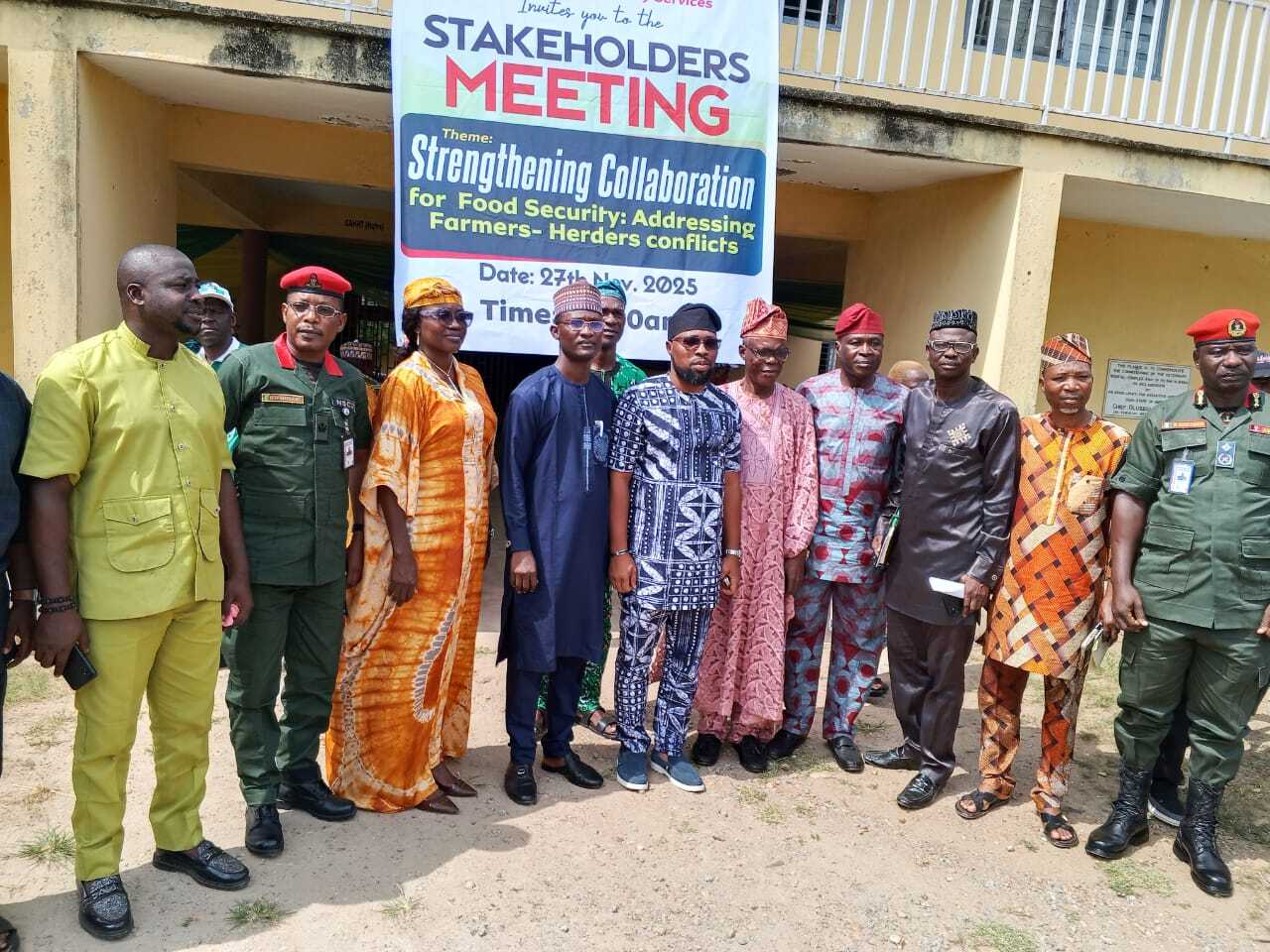Niger Delta oil-producing communities are poised to fully grasp the benefits of the Petroleum Industry Act (PIA) to ensure rapid and sustainable development of the region.
Stakeholders from the region spoke in Ekpan, Uvwie council of Delta state, on Thursday, at an event, the Bridges Project roadshow/townhall series, focused on building awareness and capacity for the effective implementation of Host Community Development Trusts (HCDTs).
Organised by the Foundation for Partnership Initiatives in the Niger Delta (PIND), the roadshow, which brought together a wide range of participants, including representatives, regulators, civil society organisations, and community leaders, was to deepen stakeholders’ understanding of the HCDT registration process and ensure the equitable distribution of oil industry resources to host communities.
The Bridges Project aims to promote transparency, accountability, and inclusivity in implementing the PIA, which allocates three per cent of oil companies’ operational expenditures to the development of host communities.
At the launch, PIND’s Advocacy Manager, Chuks Ofulue, stressed that awareness is key to unlocking the Act’s full benefits.
“The PIA opens doors for communities to take charge of their development. But awareness is key. With the right knowledge, communities can ensure transparency, demand accountability, and actively shape projects that benefit them,” Ofulue said.
Signed into law in 2021, the PIA introduced far-reaching reforms to Nigeria’s oil and gas sector, including establishing HCDTs to drive community-led development. Yet, many host communities remain unfamiliar with how the Trusts work or how they can actively engage.
Reiterating PIND’s vision, Ofulue added: “The PIA is not just a law; it is an opportunity. By demystifying the Act and the HCDT framework, we are putting knowledge directly in the hands of the people who matter most. This empowers communities to engage constructively, prevent conflict, and ensure that projects truly reflect their priorities,” he added.
The awareness drive combines roadshows, town hall meetings, and media outreach to reach thousands of stakeholders. Local leaders described the initiative as both timely and transformative.
Chairman of the Delta State Multi-Stakeholder Platform (MSP), Sylvester Okoh, called on more HCDTs to join the platform for a collaborative approach to the new development framework for the oil-bearing communities.
“We’ve been bringing the leadership of the various Delta HCDTs together, sharing experiences, and addressing issues of concern,” Okoh said.
BOT Chairman of Uherevie HCDT and member of the Bridges Project’s Multi-Stakeholder Platform (MSP), Pender Agwarive said: “For years, our communities have heard about the PIA but didn’t really understand how it affects us.
“What PIND is doing here gives us clarity. Now we know the questions to ask and how to actively participate so our communities truly benefit from this law.”
The campaign also spotlighted the Bridges Project’s MSP model, which fosters dialogue, collaboration, and sustainability in host community projects.
PIND’s PIA Consultant, Rachael Misan-Ruppee, said that with the awareness so far created across the five project states – Akwa Ibom, Bayelsa, Delta, Rivers, and Ondo – “we are confident that communities are now better equipped to implement and manage development projects. We want to see active and responsible HCDT managers.”
National Coordinator of the Centre for Peace and Environmental Justice, Sheriff Mulade, emphasised the importance of transparent governance in managing resources derived from the HCDTs.
“The key to the success of HCDTs is accountability. This is the only way we can ensure that projects truly benefit our communities,” he said.
Stella Ejeh from the Olomoro community in Isoko South Local Council said the town hall offers renewed hope for tangible development.
Board of Trustees leaders of HCDTs, such as Mrs. Bayai Ekomieyefa (Chairperson, Ogulagha Tora-Abade HCDT), Ademola Doris (Acting Chairperson, Warri Kingdom Coastal HCDT), and Satu Peters (Chairman, Ogulagha-Ibe Agbonu HCDT), also expressed appreciation for the programme.
Doris highlighted the value of the experience, saying: “This has been a time well spent. We have gained valuable insights into the PIA, from the registration process to the project execution stages. We are now better positioned to address gaps and improve where necessary.”






